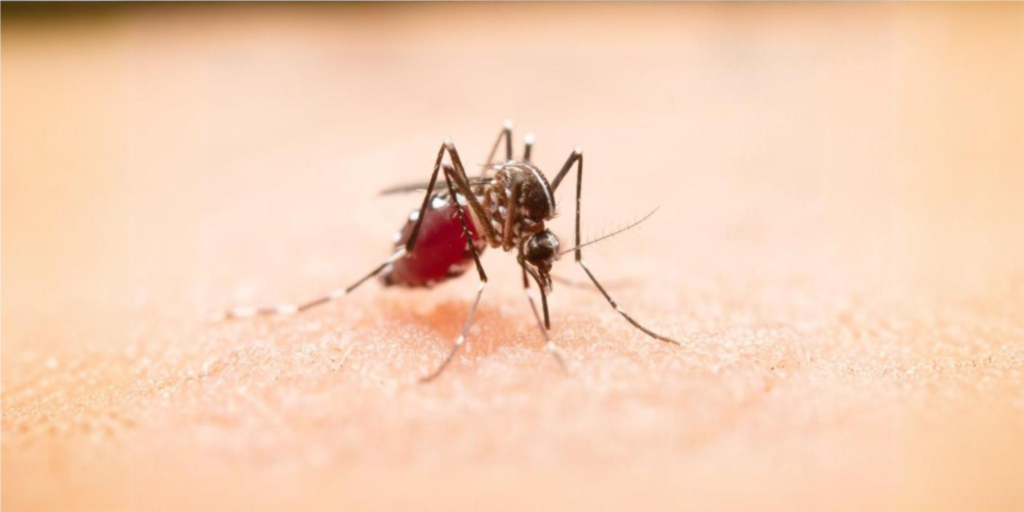Tags

Medical practitioners, fact checkers and journalists need to collaborate to make it happen
As 2023 draws to a close, global health regulators are issuing warnings against counterfeit versions of Ozempic, a drug used for type 2 diabetes. The US Food and Drug Administration (FDA) confiscated 'thousands of units' of counterfeit medication within the American drug supply chain, prompting a call for heightened vigilance among suppliers, pharmacies, and patients. The agency obliged professionals and consumers to report any adverse events or side effects related to the use of the product.
While the issue of counterfeit drugs is getting attention, a more concerning problem that persisted throughout the year was the proliferation of fake health news. The global anti-vaccine movement and vaccine hesitancy, which started during the COVID-19 pandemic, has gained momentum.
A health survey by the Annenberg Public Policy Center (APPC) of the University of Pennsylvania in 2023 showed a decline in Americans' confidence in vaccines and an increased acceptance of misinformation about vaccines and COVID-19. The survey, conducted from October 5-12, revealed that the percentage of adults skeptical about the safety of the Covid vaccines is rising.
Despite concerted efforts by health fact-checkers, public health officials, scientists to counter viral misinformation on vaccination and COVID-19, certain false or unverified claims have gained more traction compared to previous years. For instance, the belief that "vaccines cause autism in kids" rose 16% from 10% in April 2021.
Social media platforms like Twitter, Facebook, YouTube, Whatsapp, Instagram, and TikTok have facilitated the viral spread of misinformation, disinformation, unverified claims, and fake news. The unparalleled dependence on these platforms for information-seeking during the COVID-19 pandemic coincided with a surge in misinformation and disinformation. Despite efforts by doctors, nutritionists, and fact-checkers, breaking the cycle of misinformation remains a challenge.
A recent study highlighted that a significant portion of mental health advice on TikTok—around 83.7%—is misleading, with 14.2% potentially containing damaging content.
In a significant move in 2023, YouTube introduced guidelines to empower the video streaming giant to remove content contradicting health authority guidance on disease prevention, transmission, approved vaccine safety, and treatments for specific health conditions. For example, content promoting harmful substances or denying the existence of health conditions like COVID-19 can be removed. This is a welcome move.
The disconnect between health experts, fact checkers and journalists is adding to the problem. During a health misinformation conference in Africa, editors were accused of spreading misinformation about Ebola. The editors, however, cited the challenge of accessing information from medical practitioners and health officials who are unwilling to speak on record in times of health crises. Countering online health misinformation thus requires a consistent and multi pronged approach including regular meetings between experts and fact checkers.
In 2024, the dissemination of anti-vaccine narratives and the promotion of questionable local treatments for illnesses, including cancer, are expected to persist across social media platforms. To effectively combat it, fact-checkers must collaborate with health experts to ensure dissemination of accurate information. This necessitates a symbiotic relationship between journalists, medical professionals, and fact-checkers. And, most important to this effort is the voluntary cooperation of social media giants, who hold immense influence over global audiences. It's imperative that these platforms willingly engage with fact-checkers in order to ensure reliable health information globally.









